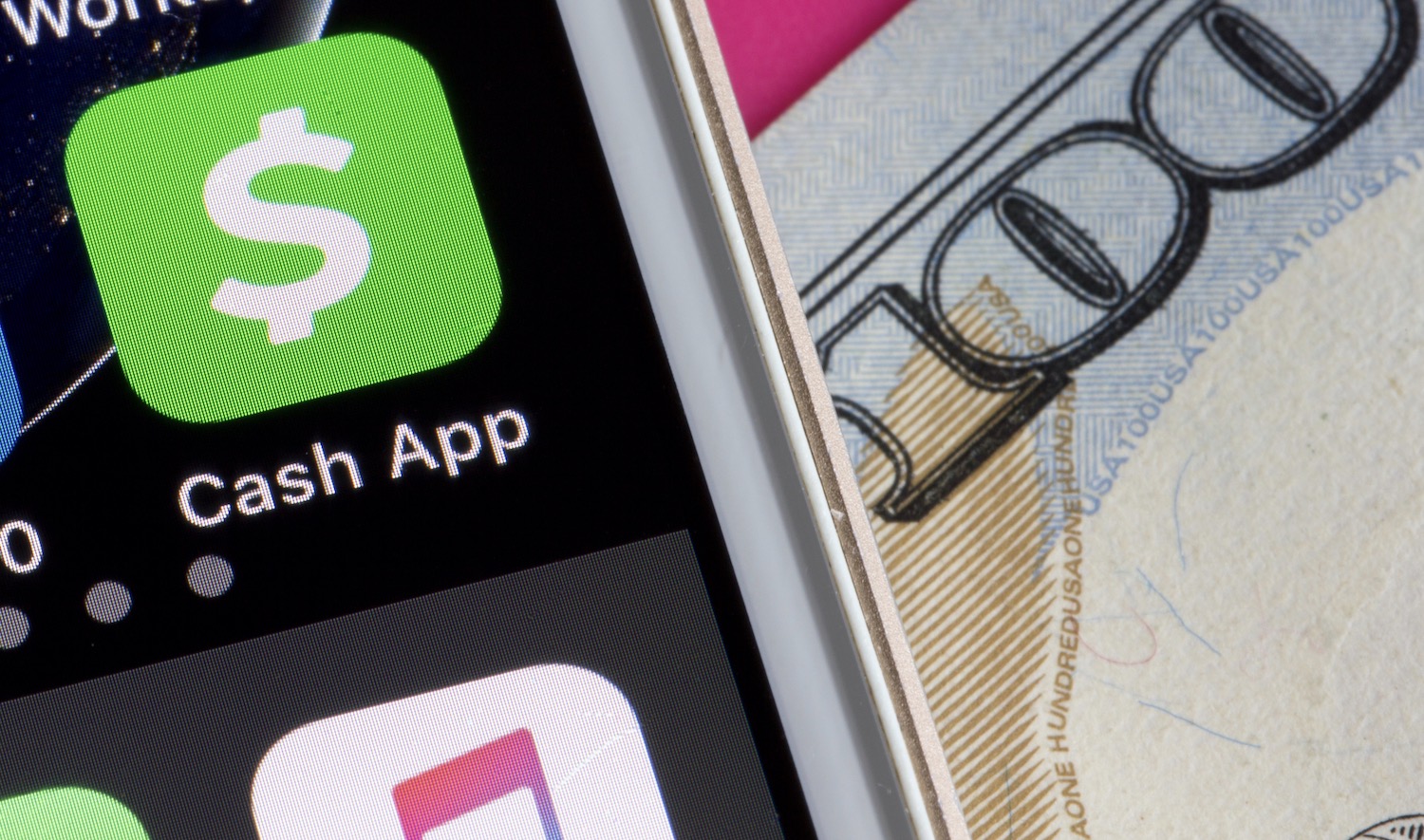Once you authorize a payment on platforms like Cash App, it’ll go through, and there’s no fraud protection despite the platform’s other security features. Photo courtesy of Shutterstock.
By Yennifer Ho, Staff Reporter.
California State University, Dominguez Hills graduate, Guadalupe Gutierrez, couldn’t wait to attend the Bad Bunny concert with her friends.
Eager to get a fairly-priced ticket, she went on OfferUp, a selling and buying platform, similar to Craigslist. She usually purchases tickets online, but it was her first time doing it in applications like OfferUp in hopes to find a good deal.
“[The process] had a lot of red flags now that I talk about it, but at that moment, all I thought about was Bad Bunny and seeing [him]. Bad Bunny is the game right now,” she said.
Gutierrez managed to find a ticket seller in OfferUp, pricing tickets at $270. After managing to negotiate with the seller, it was brought down to $250.
“I checked on their OfferUp account and it was a verified seller, he had reviews and he had four [or] five stars and I was like okay, this is pretty legit,” she said.
After agreeing with the price, Gutierrez attempted to send the money to the seller.
“This individual sent me a phone number and when I tried sending the money through Zelle, it gave me an alert,” Gutierrez said.
Zelle gave her a fraudulent alert and told the seller what was happening. They proceeded to give her a second number, but it was not registered with Zelle. Gutierrez then suggested that she can pay with Apple Pay sending them a dollar to test if it worked, and it did.
“It spoke a lot of volume to me that they returned the [dollar] even though it wasn’t the $250,” she admitted.
However, it didn’t go as smoothly when Gutierrez tried to send the full payment, Apple Pay sent her a fraudulent alert.
She confronted the seller, saying that she thinks it is a scam because of all of her failed transactions. The seller justified this by saying that it was probably because she has never sent “a large amount” of money before.
With all of her focus on seeing Bad Bunny, she then suggested using another platform, Cash App.
Gutierrez sent the seller her information and email that was connected to Ticketmaster, but after thirty minutes of her purchase, her high anticipation turned into high concern.
“It was an hour [that passed] and something in me told me that I just got scammed,” Gutierrez said.
The seller blocked her phone number, but not on OfferUp, so Gutierrez shared the profile with her friends, who were supposed to attend the concert with her. She told them to ask if the tickets are still available to see if they were still playing their scamming game.
The seller responded back, saying that the tickets were available.
“It hurt my heart because I got scammed over Cash App for $250,” she said.
Although she reported the account on OfferUp, they couldn’t do much for her.
She emphasized that even though the scammer’s OfferUp account got deleted sometime after, she feels like they are still out there trying to scam people on different accounts and platforms.
To this day, Gutierrez never got her money back and will never use OfferUp again.
Similarly, CSUDH student Bryanna Yahuaca also had a bad experience with another money-sending platform after using an ATM on a family trip,
Someone had transferred her two thousand dollars to an unknown number which was changed through her Zelle account.
Luckily for Yahuaca, she worked it out with her bank and got her money refunded.
However, not all victims lose money to scammers, but access to personal information, which is also as valuable.
Christina Montoya-Vallejo, also a CSUDH student, shared how devastating it was when her wife’s Facebook account was hacked along with access to their nine-year-old daughter’s pictures.
The scammer, claiming to be from the “Federal Government Lotteries”, messaged her wife about getting their winnings. She didn’t send them the $300 fee but sent her home address, email, and Facebook account. There was no hope of getting her Facebook account back through recovery settings.
With all these advanced technologies, there are so many ways to send money to your friends and families. Platforms like Zelle and Cash App make it so much easier to send and request funds, but it does not mean you should use them for every situation, especially when it comes to interacting with strangers.
Likewise, it’s risky to give information to unknown parties, especially when it comes to the internet. With access to your full name, birthday, and email address, who knows what they can do with your information and money?
Experts recommend checking one’s banking history often and if you notice any suspicious activity, contact your bank immediately.
For further details on identifying scams and how to protect yourself, view USAGov’s guide.



